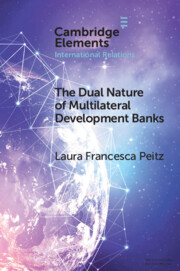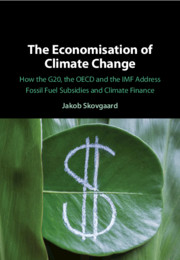Cartels today are illegal and illegitimate across the globe. Yet until the end of World War II, cartels were legal, ubiquitous, and popular—especially in Europe. How, then, did cartels become bad, if they had been considered a positive force for capitalist stabilization and peace in the first half of the 20th century? That is the question this dissertation poses. By the 1930s, over 1,000 monopolistic agreements regulated nearly half of world trade. International cartels governed the interwar world economy, setting prices and output quotas, dividing world markets, regulating trade flows, and even controlling the transfer of patents across firms and sovereign state borders. I conceptualize this regime as “cartel capitalism.” Most cartels were headquartered in industrial Europe. First, I trace how a surprising consensus in interwar Europe—comprising national governments; international organizations like the League of Nations; industrialists, led by the International Chamber of Commerce; federalists; and even socialists—backed cartels as a panacea to the problems of reconstruction after 1918, namely the quest for peace and stable markets. However, in the wake of 1945, most countries in Western Europe—along with the new supranational European Coal and Steel Community (ECSC, 1951) and European Economic Community (EEC)—started prohibiting cartels. My project illuminates the causes and consequences of this great reversal. Monopoly Menace reveals, for the first time, how Europe’s transnational reckoning with the shocks of the Great Depression, fascism, and total war produced a genuine anticartel revolution that rewrote the rules of the modern European and global economy. Monopoly Menace ends by illuminating how American, British, French, and West German postwar planners designed new national welfare states, the Bretton Woods Order, and the European Union on the neglected foundation of anti-cartel policies.

